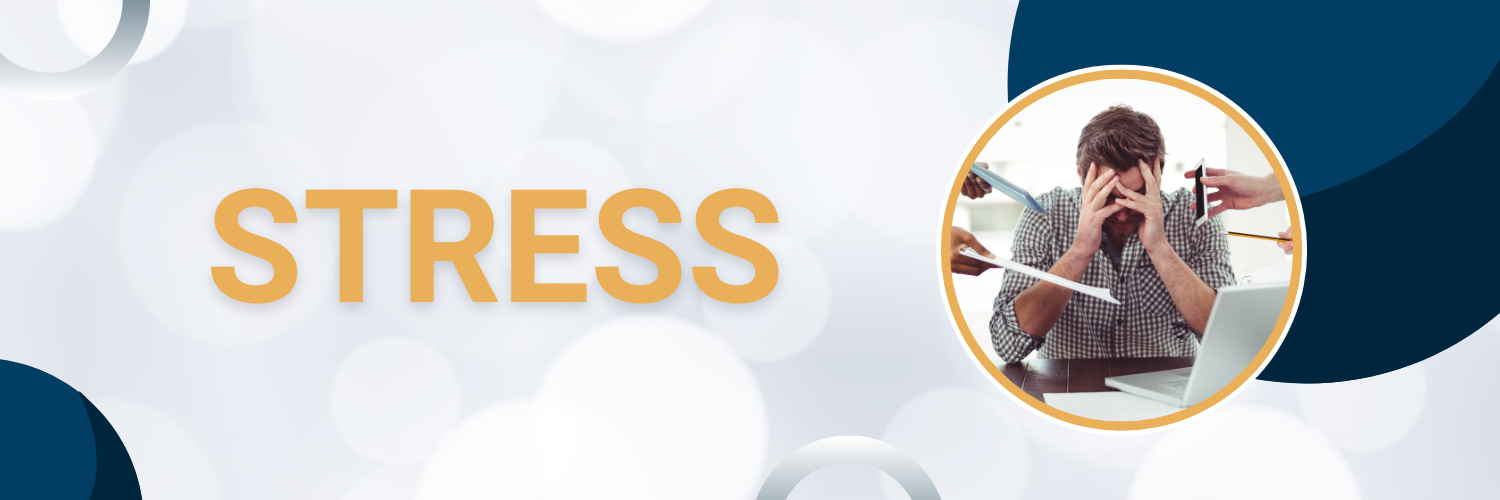

Depression
Understanding Depression: A Comprehensive Guide
Depression is a serious mental health condition that affects millions of people worldwide. It’s not just feeling sad or going through a rough patch; it’s a persistent feeling of sadness, hopelessness, and emptiness that can interfere with daily life. In this guide, we’ll delve into the various aspects of depression, including its symptoms, causes, and treatment options.
What is Depression?
Depression, also known as major depressive disorder, is a mood disorder characterized by persistent feelings of sadness, worthlessness, and a lack of interest or pleasure in activities. It affects how you think, feel, and handle daily activities, and it can lead to a variety of emotional and physical problems.
Symptoms of Depression
Depression can manifest in different ways, and symptoms may vary from person to person.
Common symptoms of depression include:
1. Persistent feelings of sadness, emptiness, or hopelessness
2. Loss of interest or pleasure in activities once enjoyed
3. Changes in appetite or weight
4. Sleep disturbances, such as insomnia or oversleeping
5. Fatigue or lack of energy
6. Difficulty concentrating or making decisions
7. Feelings of worthlessness or guilt
8. Thoughts of death or suicide
It’s important to note that experiencing some of these symptoms occasionally is normal, but when they persist for two weeks or more and interfere with daily functioning, it may indicate depression.
Causes of Depression
The exact cause of depression is not fully understood, but it’s believed to be a
combination of genetic, biological, environmental, and psychological factors.
Some common factors that may contribute to depression include:
1. Genetics: People with a family history of depression may be more prone to developing the condition.
2. Brain chemistry: Imbalances in neurotransmitters, such as serotonin and dopamine, can play a role in depression.
3. Life events: Traumatic events, such as loss of a loved one, financial problems, or relationship issues, can trigger depression.
4. Medical conditions: Certain medical conditions, such as chronic illness, hormonal imbalances, or chronic pain, can increase the risk of depression.
5. Substance abuse: Alcohol or drug abuse can worsen depression symptoms or trigger episodes of depression.
Treatment for Depression
Depression is a treatable condition, and there are several effective treatments available.
The most common treatment options include:
1. Psychotherapy: Talk therapy, such as cognitive-behavioral therapy (CBT) or interpersonal
therapy, can help individuals learn coping strategies and address underlying
issues contributing to depression.
2. Medication: Antidepressant medications, such as selective serotonin reuptake
inhibitors (SSRIs) or serotonin-norepinephrine reuptake inhibitors (SNRIs), can help alleviate symptoms of depression by restoring chemical imbalances in the brain.
3. Lifestyle changes: Adopting healthy lifestyle habits, such as regular exercise, a balanced diet, adequate sleep, and stress management techniques, can improve mood and overall well-being.
4. Support groups: Connecting with others who are going through similar experiences can provide emotional support and reduce feelings of isolation.
Seeking Help for Depression
If you or someone you know is experiencing symptoms of depression, it’s important to seek help from a mental health professional. Depression is a serious condition that can worsen over time if left untreated. With the right support and treatment, it is possible to overcome depression and regain a sense of hope and joy in life.
In conclusion, depression is a complex mental health condition that requires understanding, empathy, and proper treatment. By raising awareness and providing support to those affected by depression, we can work towards breaking the stigma surrounding mental illness and promoting mental well-being for all.

